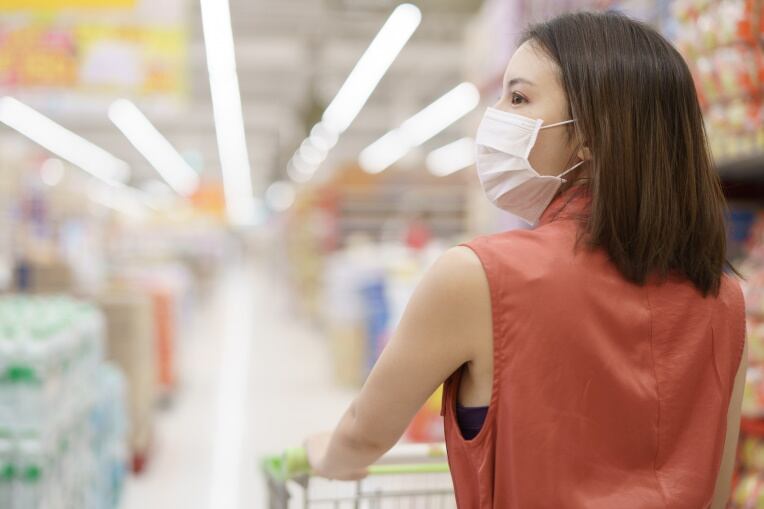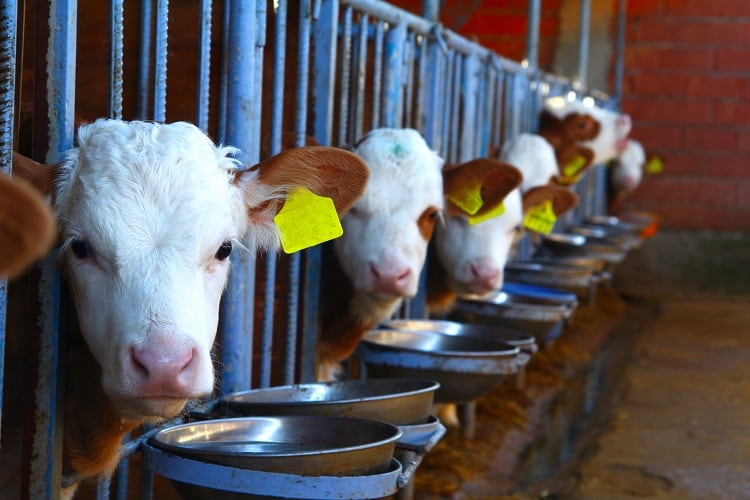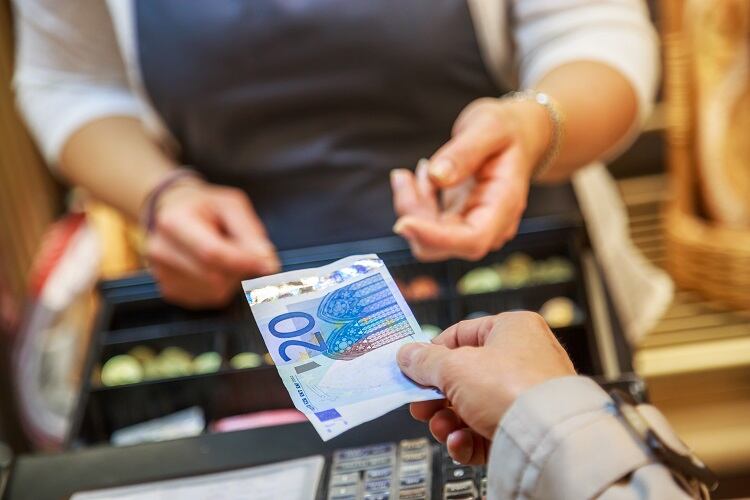Soil Association Certification’s 'Organic Market Report 2021' reveals the UK’s organic market is now worth £2.79bn, after a 12.6% growth in sales in 2020. This is the highest growth rate organic has seen in 15 years and the sector’s gains clearly outstripped the performance of the wider food industry.
A similar trajectory can be seen in Fairtrade sales. UK Fairtrade purchases increased by 15% in the last year and almost 30% of consumers pledged to buy more Fairtrade goods in the future, according to Ethical Consumer’s recent 'Ethical Markets Report', produced in collaboration with Co-operative Group.
Organic sees online boost
Data released by the Soil Association shows more than £50m was spent each week on organic products throughout 2020.
Online and home delivery sales fuelled much of the growth, with sales increasing by 36.2%. This means online, including via supermarkets, now accounts for almost 25% of the total sales with nearly one-in-four organic purchases being made via e-commerce.
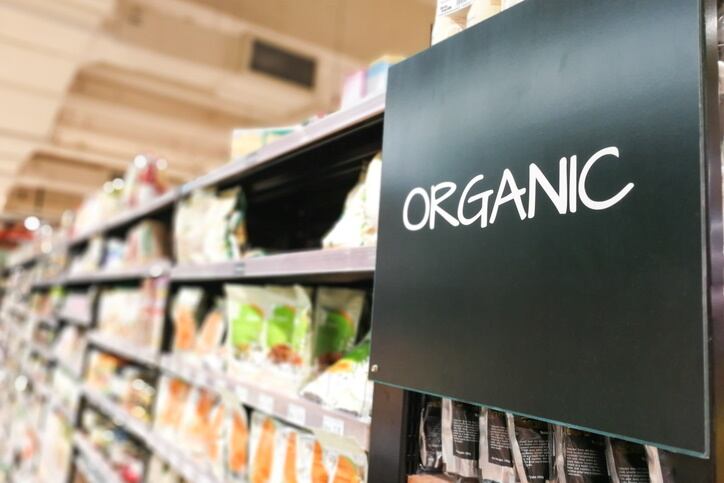
“With people spending more time at home preparing and planning meals, many shoppers are also appreciating the incredible range of organic options that are available online, with stand-out growth of 36.2% in this channel,” Finn Cottle, Trade Consultant at Soil Association Certification observed.
E-commerce – which has experienced a step-change as the coronavirus pandemic and subsequent lockdowns shook up established routes to market – offers the opportunity for organic businesses to develop innovative approaches and direct-to-consumer models.
Organic veg box company Riverford has been one beneficiary of the switch, to the point where the company had to carefully consider how to manage the balance between capacity and demand.
“Riverford was already experiencing strong growth early in 2020, before COVID, driven by a desire for more organic and plant-based eating. In the face of the surge in demand we experienced during the pandemic we reduced our range back to veg boxes to meet our customers’ needs and limit our sales to new customers. We are now building back up to a narrower more veg-focused range,” MD Rob Haward explained.
“Even with these measures in place our sales increased by more than 40% compared to the prior year, and sales are remaining at these high levels as the continuing restrictions on people’s lives drives strong demand for home delivery of fresh organic food.”
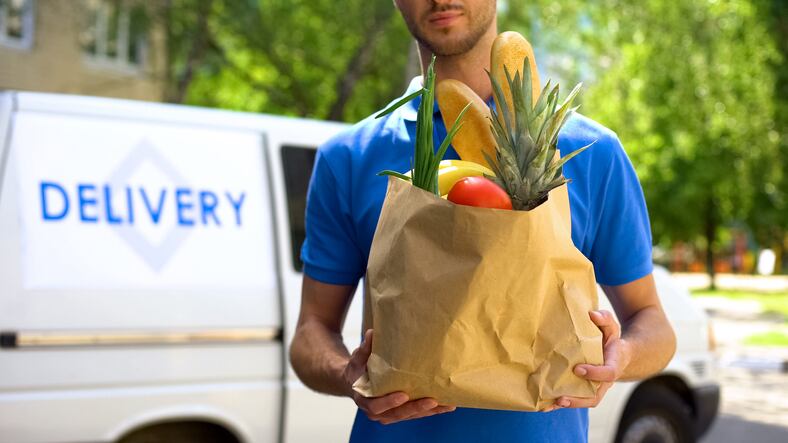
Online retailer Ocado also reported a bump in demand for organic products during 2020. “We saw a marked increase in the sale of our organic food and drink products at Ocado over the past year,” Laura Henderson, Head of Buying Fresh & Frozen, revealed.
This was partially driven by an expanded organic range and increased availability, Henderson noted. “Our new partnership with Marks and Spencer increased the number of organic products available, taking our total to more than 4,000. This is considerably more than other grocery retailers,” she said.
Fairtrade flourishes as e-commerce expands
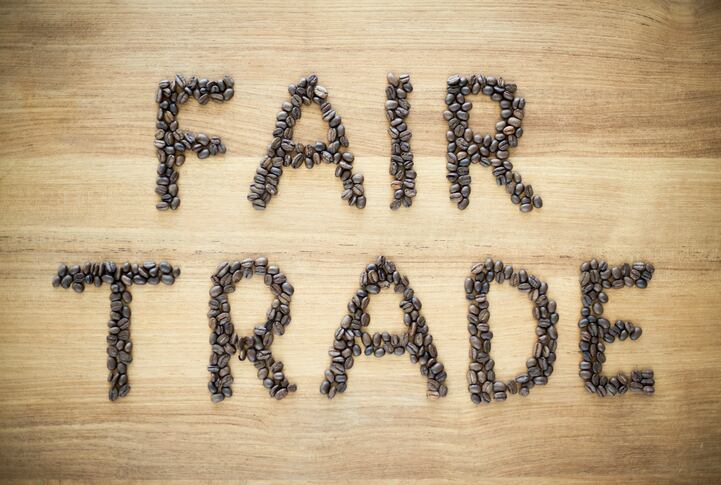
Like organic, Fairtrade Foundation reports a ‘boom’ in demand for certified products in 2020, with increased demand for bananas, cocoa, coffee and wine. Lidl alone saw a tripling in Fairtrade wine sales from 2019, the certification organisation noted.
The Foundation said a mounting recognition of the ‘importance and necessity’ of Fairtrade is reflected in its latest consumer survey, where the number of active choice – shoppers choosing Fairtrade products over an alternative – is ‘higher than ever in Fairtrade’s history’
Again, the expansion of e-commerce is supporting the shift.
“Sustainable grocery shopping has moved from being a niche market into an area of big spend, and is particularly apparent online,” Fairtrade said.
According to Waitrose’s ‘How Britain Shops Report’, over one in four shoppers were actively seeking out the Fairtrade logo when shopping online in 2020, particularly within the 18-24 bracket. In fact, searches on Waitrose.com for Fairtrade sugar was up 94%, for Fairtrade bananas up 40% and Fairtrade coffee up 31%.
Increasing interest is being supported by moves from online retailers to make Fairtrade more accessible for online shoppers. During 2020, Ocado launched an exclusive Fairtrade aisle and Amazon selected Fairtrade to be included in their Climate Friendly Pledge.
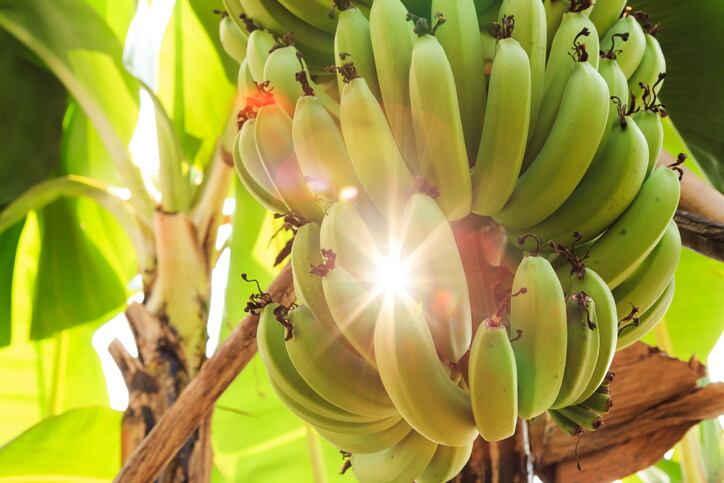
What’s behind the ethical boom?
Growth in e-commerce during 2020 was clearly an important enabler for consumers seeking out more ethical products.
But – at a time when budgets were squeezed as the COVID crisis resulted in the closure of whole industries, a mass furlough scheme and general economic slowdown – what prompted so many people to opt for products that often sell at a price premium?
Soil Associations’ Cottle believes that the trend is part of a fundamental shift in the relationship people have with the food they eat.
“With more opportunities to think about our choices, and more time spent cooking at home, we are appreciating food more, getting closer to nature, and choosing food that aligns with our personal health priorities,” she told FoodNavigator.
“There is a much greater awareness of the links between food, farming, health and the environment. We’ve also seen a huge appetite for understanding about where our food comes from, how it is produced and the wider impact of these choices.”
COVID-19 has accelerated this awareness. According to Nielsen’s Homescan Panel, 50% of people agreed buying organic products was ‘good for sustainability’, up from 41% before the pandemic. Soil Association Certification research from July also demonstrated that people most associate ‘organic’ with safe and fully traceable food with fewer pesticides, and no genetically modified organisms. This, Cotton suggested, feeds into emerging health and wellness priorities.
Organic production systems, she continued, also answer some of the big sustainability challenges the food system is facing. “With the tenth year of growth in the organic market, it has become evident that support for organic has a huge impact on nature, the health of our soils and our planet. Research shows that organic farms are home to up to 50% more abundant plant, insect and bird life, up to 30% more species, and around 75% more wild bees.”
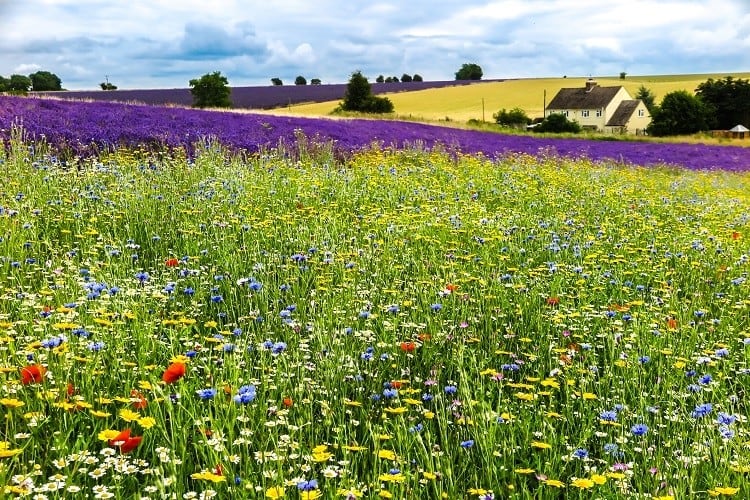
Alex Crumbie, writer, researcher and director at Ethical Consumer – producer of the 'Ethical Markets Report' – also tied the growth in Fairtrade sales to changing attitudes accelerated by the COVID-19 pandemic.
“Our recent 'Ethical Markets Report' in collaboration with Co-operative Group looked at how ethical habits have changed over the course of the pandemic, and the results are promising. Despite adversity, appetite among UK consumers for Fairtrade products has continued to grow.”
The Fairtrade Foundation stressed that this couldn’t be happening at a more crucial time for farmers in developing countries.
"This is a heart-warming vote of confidence in Fairtrade from shoppers who clearly recognise the benefits of Fairtrade for the producers growing our food,” Catherine David, Fairtrade Foundation Commercial Director, said.
“The pandemic combined with the ongoing effects of climate change put enormous pressure on the most vulnerable farmers and workers in 2020, and many will be further marginalised by the economic impact in the months to come. Consumer support for Fairtrade continues to provide a vital lifeline to producers which will be more important than ever in 2021."
Do these changes have sticking power?
Soil Association’s Cottle is optimistic, as increased demand and availability combine to create a virtuous cycle for ethical foods.
“There has been a step-change in how we shop, eat and think about food - and it is here to stay."

